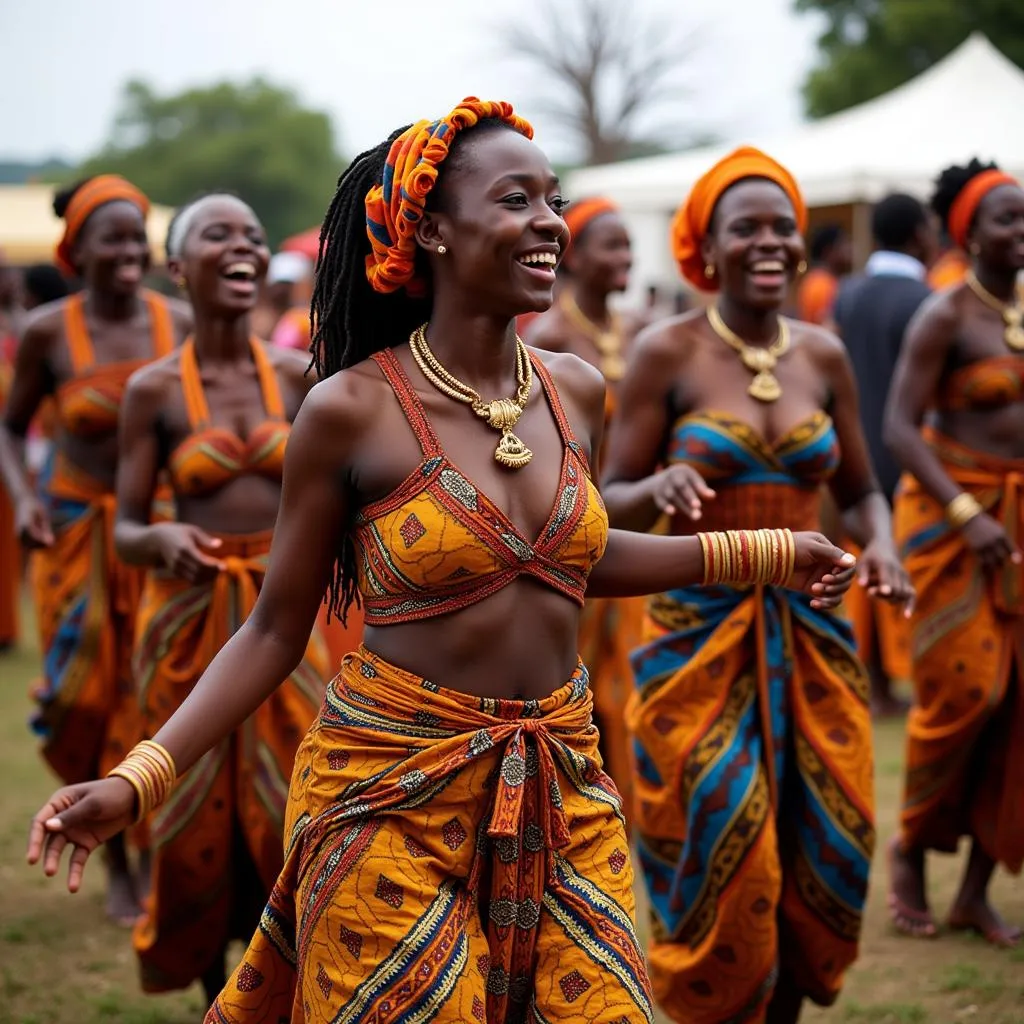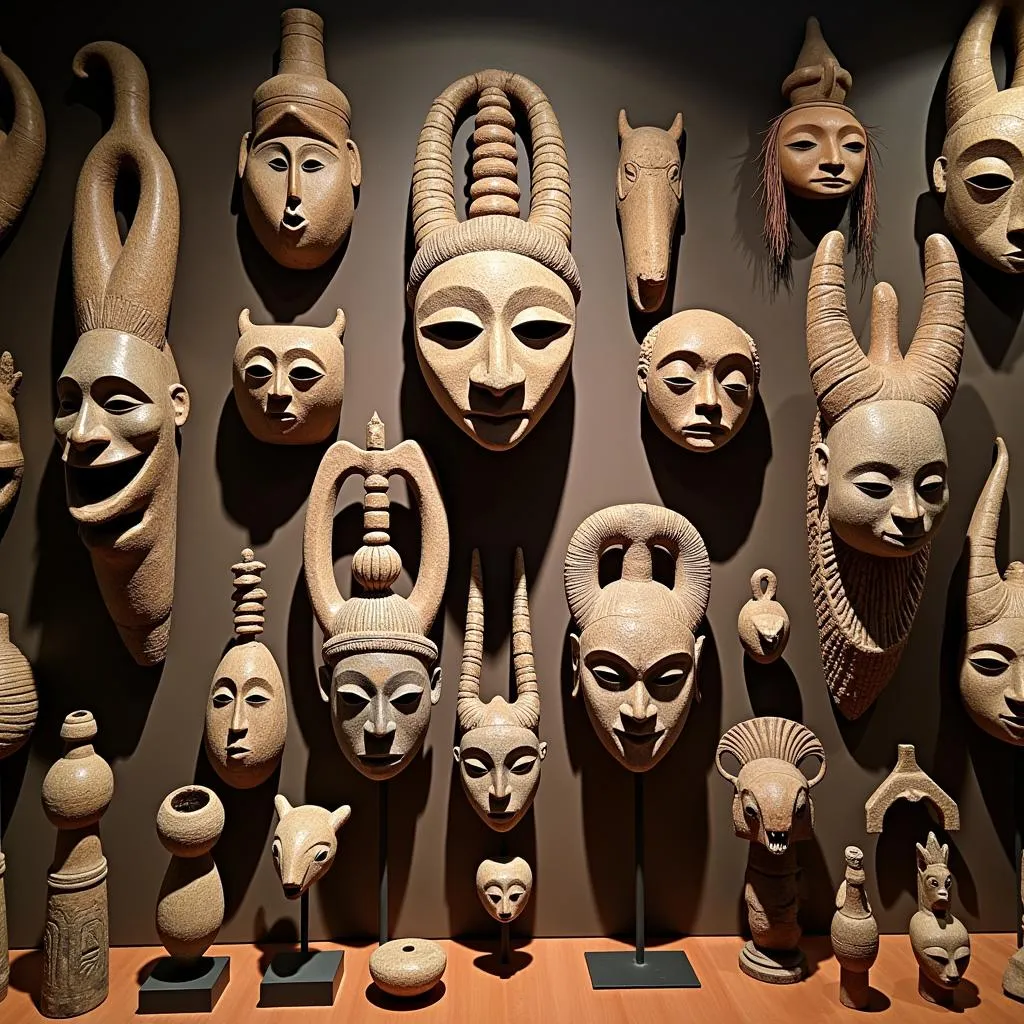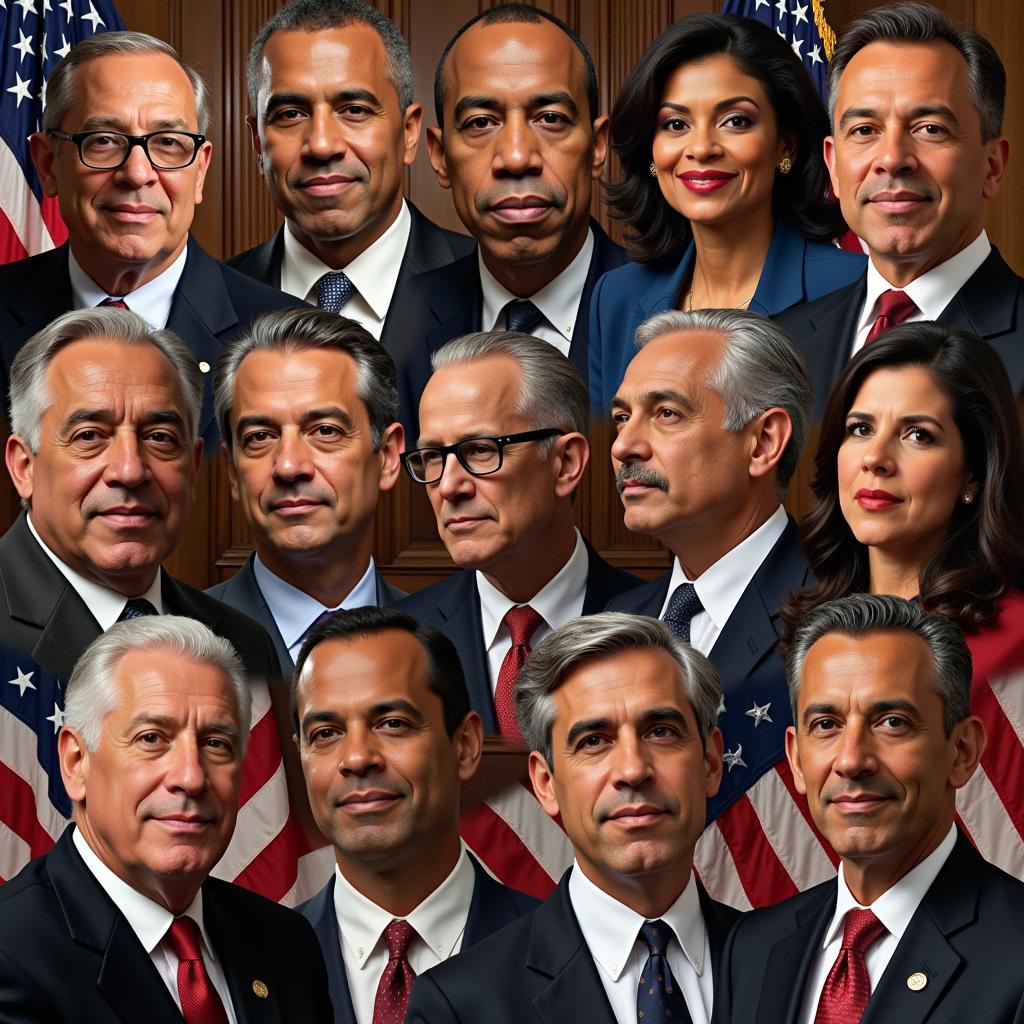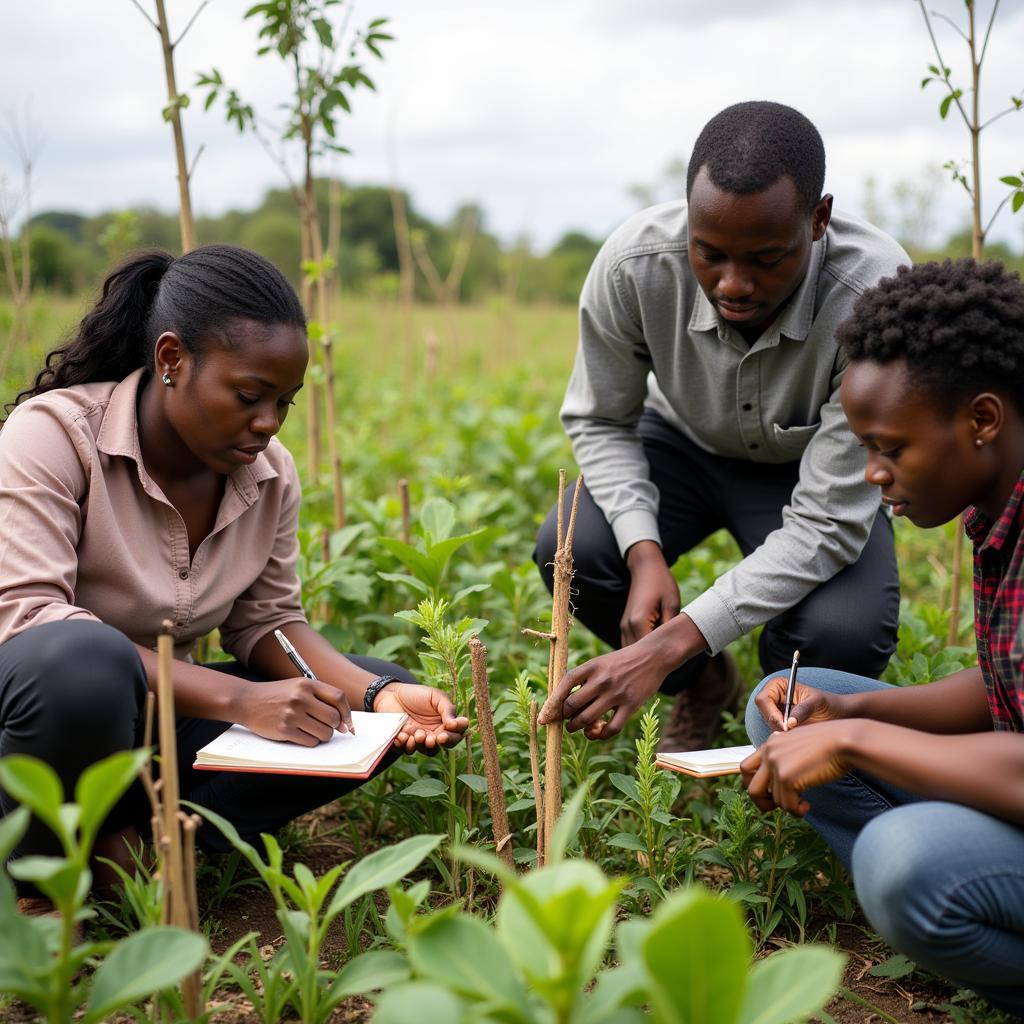Discover What Truly Means “Truly African”
Africa, a continent brimming with vibrant cultures, diverse landscapes, and rich history, is a place where the spirit of “Truly African” comes to life. It’s a sentiment that encompasses the soul of the continent, its traditions, its people, and its unique way of life. But what does it truly mean to be “truly African”? This is not a simple question to answer. It’s a multifaceted concept that varies from person to person and across different cultures within the continent. In this article, we’ll explore this multifaceted concept by looking at its history, art, music, food, and customs, and unveil what makes “truly African” so special.
A Tapestry of Cultures
“Truly African” is not defined by one single thing, but rather by the tapestry of cultures woven across the continent. Imagine a vibrant fabric, each thread representing a unique tribe, a specific language, a distinct tradition. This is Africa: a collection of vibrant, diverse cultures, each contributing its own unique thread to the grand tapestry. From the Maasai of East Africa, known for their distinctive attire and warrior traditions, to the Yoruba of West Africa, renowned for their intricate sculptures and vibrant festivals, each culture adds a unique and beautiful layer to the definition of “truly African”.
Art and Music: Expressions of the Soul
Art and music are essential expressions of the African soul. They reflect the continent’s history, stories, beliefs, and aspirations. “Truly African” art is often characterized by its bold colors, geometric patterns, and intricate details. It’s a visual language that tells stories, captures emotions, and celebrates the beauty of nature and the human form. From the intricate beadwork of the Himba women in Namibia to the towering wooden masks of the Dogon people in Mali, African art is a captivating blend of symbolism, aesthetics, and cultural significance.
The Rhythms of Africa
Music, too, is a fundamental aspect of “truly African” culture. It’s more than just entertainment; it’s a way of life, a language that connects people, expresses emotions, and unites communities. The rhythms of Africa are diverse and captivating, ranging from the deep, soulful sounds of traditional drumming to the high-energy beats of modern Afropop. These rhythms reflect the continent’s rich history, diverse traditions, and vibrant spirit.
Food: A Celebration of Flavors
“Truly African” cuisine is an adventure for the senses. It’s a vibrant fusion of flavors, textures, and spices that reflect the continent’s diverse geography and agricultural bounty. Imagine a feast that starts with a spicy peanut stew, followed by grilled meats infused with aromatic herbs, and ending with a sweet, tangy fruit salad. This is a glimpse into the world of African cuisine, where each dish tells a story, reflecting the traditions and resources of its region.
The Spirit of Sharing
Food is not just sustenance in Africa; it’s a way of life. Sharing meals is a cornerstone of African culture, a gesture of hospitality and a way to build community. From traditional potlucks where families and friends gather to enjoy a shared meal to formal banquets that celebrate special occasions, food is a symbol of togetherness, unity, and celebration.
Customs and Traditions: The Heart of Africa
Customs and traditions are the heart of “truly African” culture. They are the stories passed down through generations, the rituals that mark life’s milestones, and the values that shape the African way of life. These traditions include everything from elaborate initiation ceremonies that mark the transition to adulthood to vibrant festivals that celebrate harvests, ancestors, and national identity.
The Importance of Family and Community
In many African cultures, family and community play a central role. It’s a concept that goes beyond blood relations, extending to the broader community, where neighbors, friends, and fellow villagers are considered part of the extended family. This strong sense of community and interconnectedness is a defining feature of “truly African” culture, emphasizing the importance of collective support and shared responsibility.
The Future of “Truly African”
“Truly African” is a dynamic concept, constantly evolving and adapting to the changing times. While embracing its rich heritage, Africa is also looking towards the future, integrating modern influences while staying true to its core values. This dynamic blend of tradition and modernity is what makes “truly African” so unique and captivating.
Conclusion
“Truly African” is a tapestry woven with threads of vibrant culture, rich history, and diverse expressions. It’s a journey of discovery, an exploration of the continent’s soul, and a celebration of its people, their traditions, and their unique way of life. By understanding the multifaceted concept of “truly African,” we can appreciate the richness and diversity of this continent and gain a deeper understanding of its vibrant and enduring spirit.
 African Culture Heritage
African Culture Heritage
 African Art Gallery
African Art Gallery
FAQ
Q: What makes “truly African” so special?
A: “Truly African” is special because it encompasses a unique combination of cultural diversity, vibrant traditions, and a deep connection to heritage. It’s a testament to the continent’s resilience, creativity, and enduring spirit.
Q: How can I experience “truly African” firsthand?
A: You can experience “truly African” by visiting different parts of the continent, immersing yourself in local cultures, engaging with the people, and exploring the traditions, art, and food.
Q: How can I contribute to preserving “truly African” culture?
A: You can contribute by supporting local artisans, promoting cultural exchange, and educating others about the importance of preserving African traditions and heritage.
Q: Is “truly African” a static concept?
A: “Truly African” is a dynamic concept that evolves with time. While it’s important to preserve traditions, it’s also important to embrace new ideas and perspectives.
Q: What’s the future of “truly African” culture?
A: The future of “truly African” culture is bright. It’s a testament to the continent’s resilience and adaptability. The future will see a fusion of tradition and modernity, creating a dynamic and evolving cultural landscape.
Q: How can I learn more about “truly African” culture?
A: You can learn more by reading books, watching documentaries, attending cultural events, and connecting with individuals from different parts of Africa.


